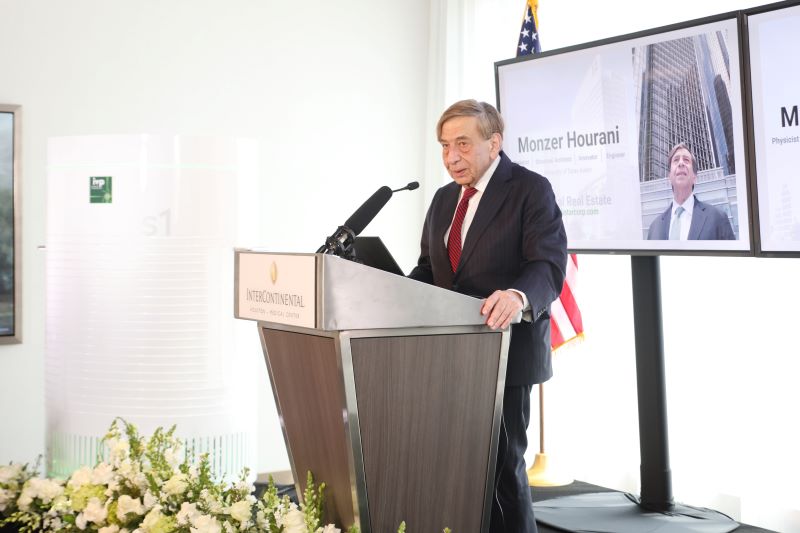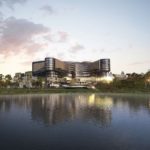
(TAN): InterContinental Houston – Medical Center, located in the renowned Texas Medical Center has announced the installation of the innovative Integrated Viral Protection (IVP) Bio Defense Indoor Air Protection Filtration System in a bid to combat Covid-19.
The IVP Air heated-air filtration system is a mobile, plug-and-purify device designed to eliminate SARS-CoV-2, anthrax spores and other airborne contaminants through a heated filter that does not impact the temperature of the ambient air.
[ALSO READ: Mauritius to open borders on October 1, 14-day quarantine mandatory]
The system was designed by IVP founder and inventor, Monzer Hourani, a Houstonian who is also the head of the InterContinental Houston – Medical Center’s ownership group. Hourani, having a background in physics, science and engineering, developed the advanced biodefense system in partnership with Dr. Zhifeng Ren, Director of the Superconductivity Center of Texas at the University of Houston, and with other scientists at the UTMB Galveston National Lab and University of Texas A&M Engineering and Experiment Station.
Hourani said: “The time for action is now, and helping our hometown reopen in record time with this proven science that kills COVID-19 is so important to me as we use Houston-based research to help lead us out of this crisis and get us back to business”
[ALSO READ: Virgin Hotels Las Vegas, Curio Collection by Hilton unveils Chambers and Suites]
Jay Caiafa, Chief Operating Officer, Americas, InterContinental Hotels Group said: “ In bringing this innovative IVP Air technology to the InterContinental Houston – Medical Center, we are pleased to support the efforts of owner Monzer Hourani and his team as they offer guests, colleagues and visitors even further confidence in a safe, comfortable hotel experience”
The effectiveness of the system in eliminating actual SARS-CoV-2 (the virus causing COVID-19), anthrax spores and other airborne contaminants has been confirmed by a peer reviewed study published in the Materials Physics Today journal. The research has also been publicly supported by research faculty at the Argonne National Laboratory and Massachusetts Institute of Technology.




